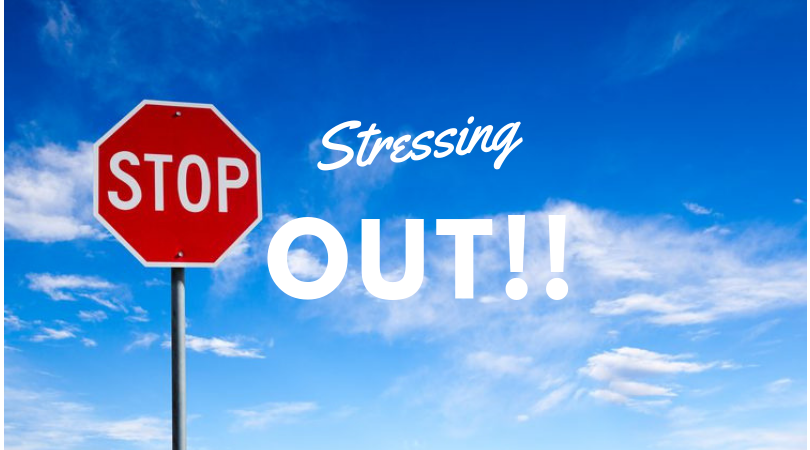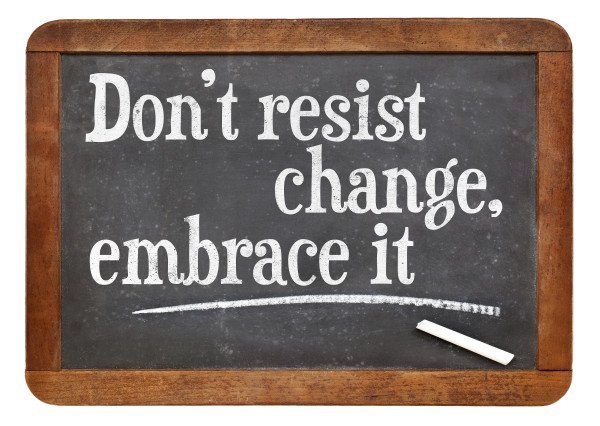Roughly two-thirds of Americans say they need help for stress in their lives. Having said that, it’s important to remember that stress itself is not the problem (it’s ever-present). Instead, it’s how we relate to stress. The stress response (Fight/Flight/Freeze) is critical to our survival and it is instinctual. Of course, most of us don’t experience life-or-death threats all that often. We usually experience stress reactions in response to thoughts, emotions, or physical sensations. If we’re actively engaged in worry about whether we can put food on the table or pass the final exam, the stress reaction activates and all the bodily systems involved in the process turn on. If the bodily systems involved in stress don’t slow down and normalize, the effects can be severe on our mind and body (high blood pressure, muscle tension, anxiety, insomnia, chronic inflammation/pain, gastrointestinal issues, and a suppressed immune system).
Giving yourself space in your day to stop, coming down from the worried mind, and orienting yourself to the present moment has been shown to be enormously helpful in lessening the negative effects of our stress response. When we come back to the present, we’re more likely to gain perspective and see that we have the power to regulate our response to pressure.
So you might be wondering why the STOP sign? Here’s a short practice you can use at times throughout your day to step into that space between stimulus and response.
Sometimes understanding and practicing mindfulness can seem difficult at first. If you would like some guidance and gain a deeper understanding of how it can help you, consider reaching out and scheduling an appointment. You can contact me at (717) 288-5064 / gregghammond@restoringbalancelancaster.com and we can work together to bring you back to the best place to be… the present!



